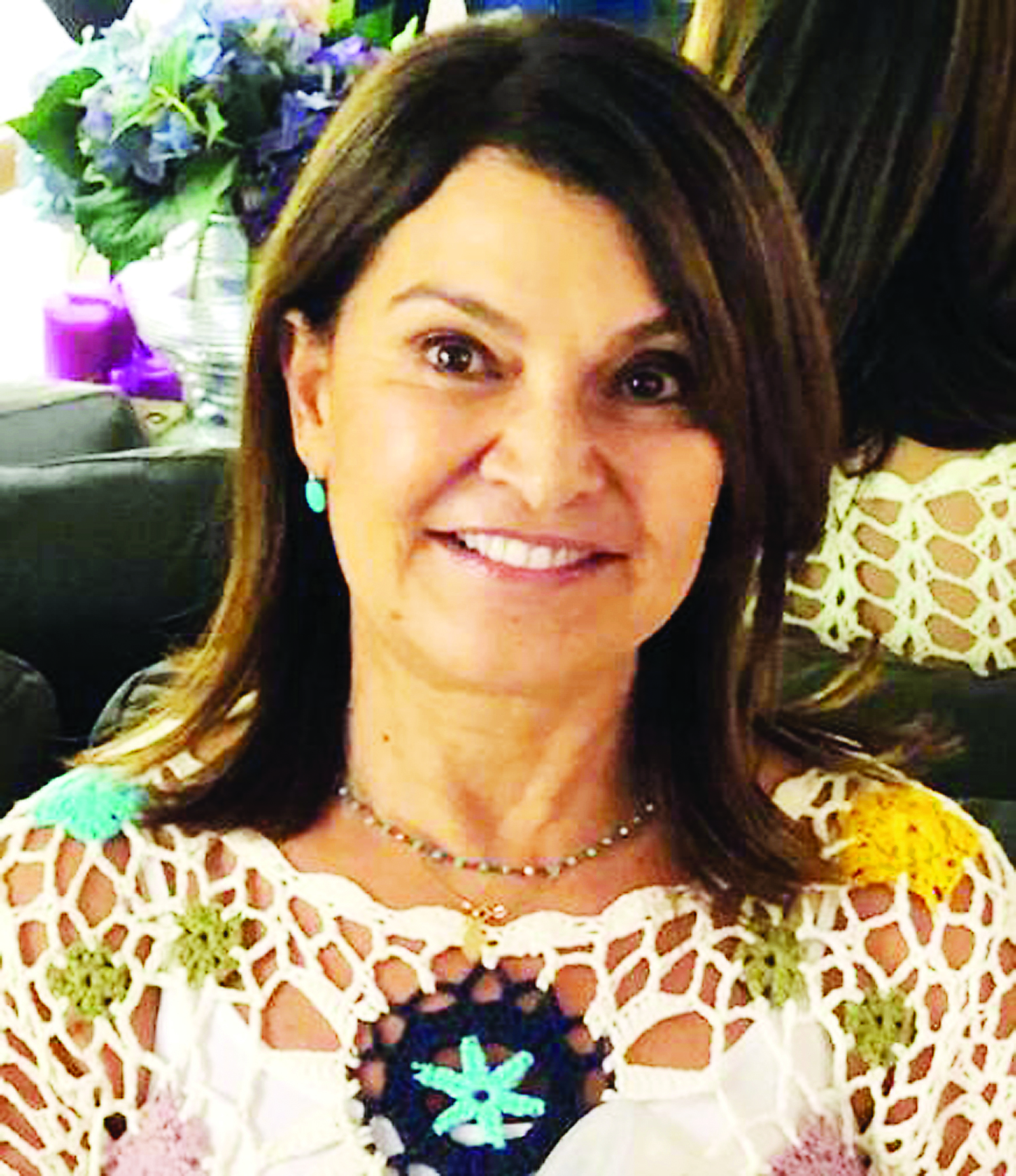click to dowload our latest edition
CLICK HERE TO SUBSCRIBE TO OUR NEWSLETTER


Published
1 year agoon
By
Mazal SacksHebrew is in crisis in many South African Jewish schools. By the time children get to high school, they can’t wait to drop a subject that’s been breaking their teeth and seems to have little more usefulness than ordering a cup of coffee on Ben Yehuda Street on the odd visit to Israel.
But what if choosing Hebrew was so much more than a grade on a report or a conversation with an Israeli? What if our children could discover the language of their forefathers and their own souls within the structure and form of these ancient letters? What if learning Hebrew unlocked the secrets of creation and our reality?
Hebrew should never be taught as a foreign language to Jewish students. It should be a birth right and a passport to a fully engaged Judaism and a connection to our people and homeland, and therefore, it should never be taught in English. The subject should and can be an adventure in Jewish identity and unity. How do we conduct a seder or pray from a siddur without knowing what we’re saying? Our children learn their brachot from an early age, but do they even know the richness of the very first word, “Baruch”? Do we?
In Hebrew, every verb has a root, and that root can open worlds of meaning and exploration. The word for prayer comes from the root, peleh (magic or wonder) and with our prayers, we can co-create our lives.
Each word of the Hebrew language is an entire world and tells us something fundamental. For example, the root word for fear is pahad, but turn those letters around and you get dahaf – push. The message is clear that you cannot wait until you are over your fear to do great things, you have to push yourself, even when you’re afraid, and this lessens the fear. Such depth in each word! We all deserve to be in on these deep Kabbalistic secrets, especially our children, whom we have a duty to educate, and pass on the torch that was ignited at Sinai and the awareness with which Avraham, Yitzchak, and Yaakov lived.
Hebrew isn’t just a language, it’s our entire culture. Each Ivrit lesson is an opportunity to share our rich heritage and history with passion. But it takes passionate teachers who teach with a sense of purpose and a meaningful syllabus that allows each student to travel through our people’s story through our sacred texts, our prophets, our tragedies, and triumphs. In high school Ivrit, we explore writings from Tanach, the exquisite poetry of King David’s Tehillim, and the wisdom of Pirkei Avot. We learn about the Holocaust from its witnesses and survivors, and about the wars and heroes of modern Israel.
Being proficient in a second language other than an official South African language opens doors when applying to university, and develops our children’s cognitive ability as they master a language in a different script, reading right to left. The curriculum also develops critical thinking skills, as they learn to analyse texts and draw their own conclusions – not simply learn by rote. Once again, it reiterates the fact that taking Hebrew as a subject isn’t just about learning to speak the language, it’s about developing crucial skills that will carry our children in the work place.
By the end of matric, our children could have so much more than a symbol on a certificate. They could have an identity – a deep sense of belonging to one of the greatest stories on earth. They could have an instant kesher – a connection to any Jew from any country, a common language to build the unity and ahavat Yisrael our people so need. And they could have one of the most essential ingredients to play a meaningful role in the future of Israel. A strong, thriving Israel allows us all to walk with our heads held high anywhere in the world. So let’s encourage our children to learn Hebrew as a subject so they know what it means when they say the word “Yisrael”, so their eyes light up when they visit Yerushalayim. And let’s invest in teacher training to insure the continuation of Ivrit teaching in our schools.
